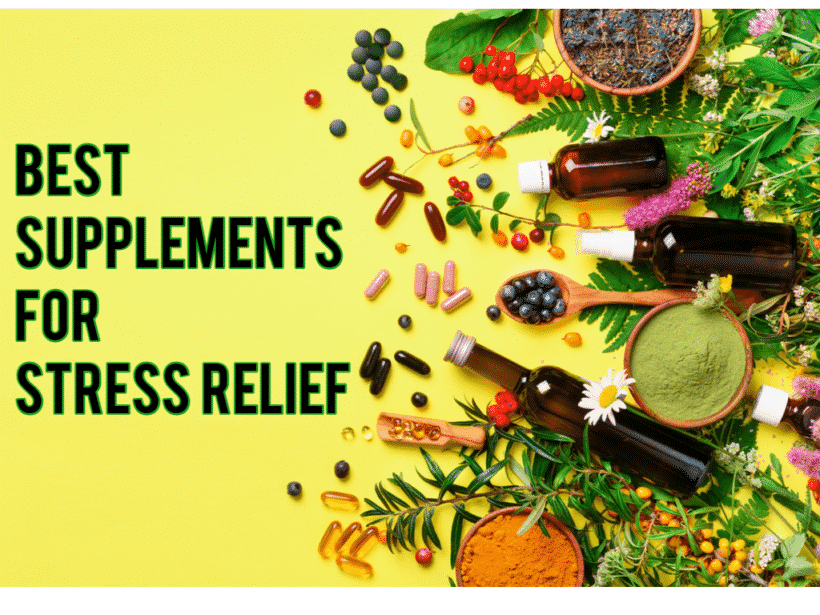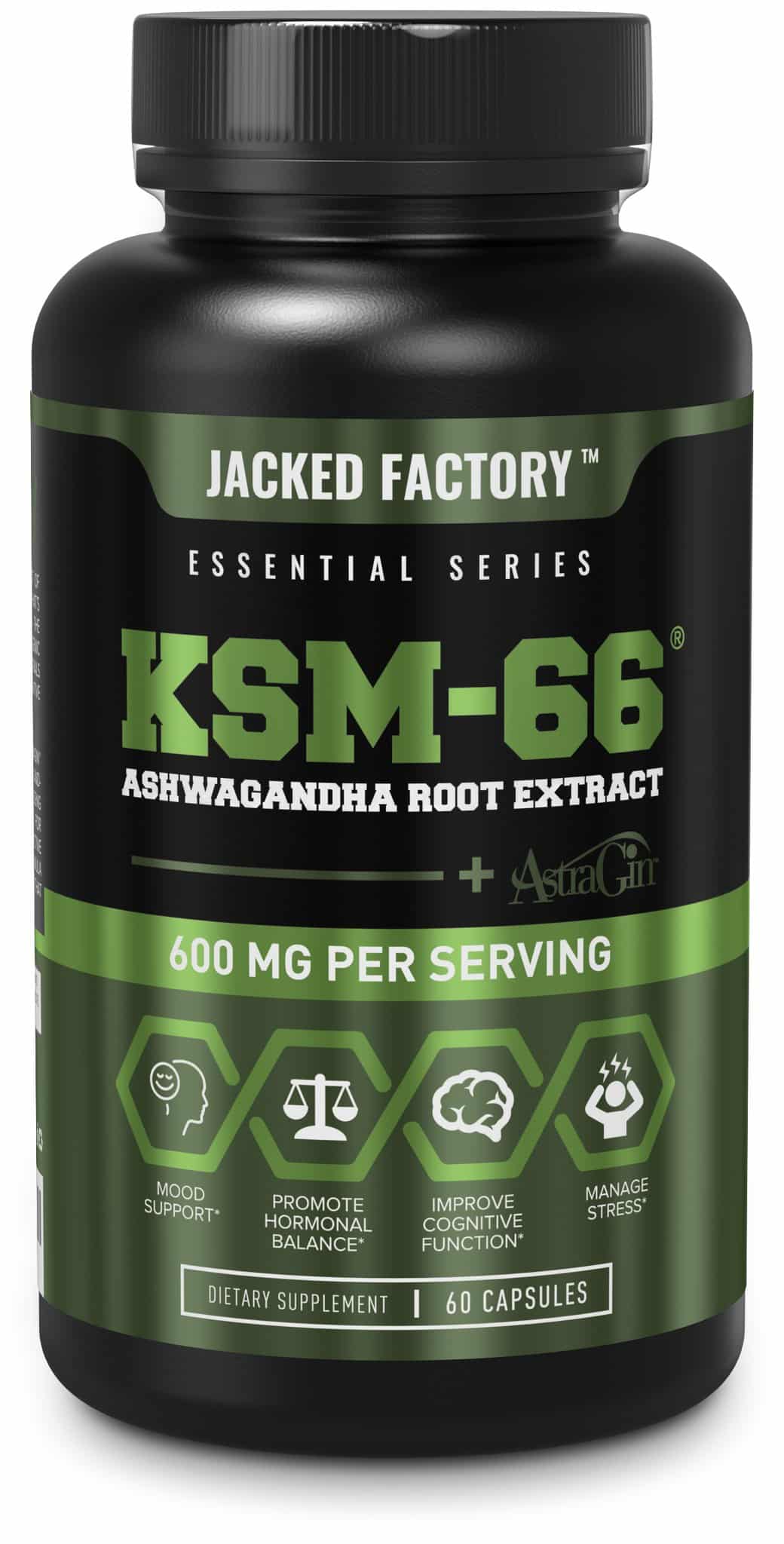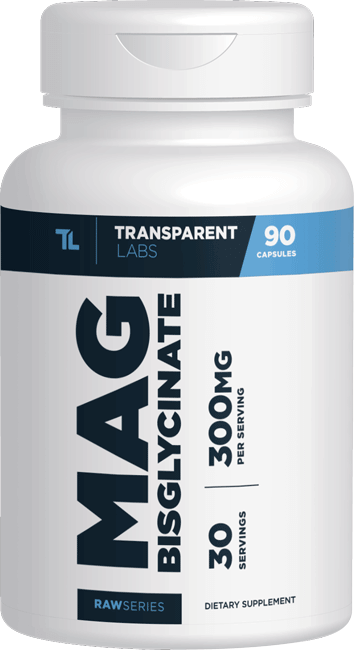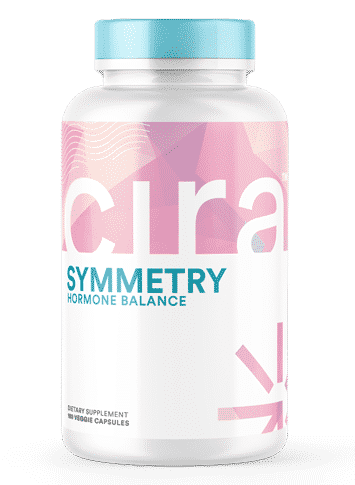What Are the Best Supplements for Stress Relief?
It’s long been recognized that undue emotional and physical stress increases the risk of chronic disease. Mood disorders, notably anxiety and depression, can induce skin and respiratory conditions, initiate asthma attacks and chronic inflammation, and may even play a part in some forms of heart disease [1].
The worries, fears, conflicts, and anxieties of daily life also contribute to gastrointestinal disorders ranging from a “nervous stomach,” which most of us know first-hand, to the painful and disabling ulcers that often plague business executives [2]. The negative impact of these stress-related conditions can rapidly diminish a person’s quality of life.
But what exactly is stress? More importantly, how can you avoid the debilitating ramifications of chronic stress and reclaim a sense of vitality and tranquility?
This guide will outline proven strategies and supplements for stress relief to help you get back to feeling and performing your best.
What Does Stress Do to the Mind and Body?
It’s important to understand what stress does to the body. Essentially, stress is what your body experiences, psychologically and physiologically, when faced with (adverse) circumstances that disrupt homeostasis (i.e., “balance”).
In other words, stress is a metaphorical force that knocks your baseline rhythms out of sync. Unfortunately, many of these “forces” are entirely out of our control, which is what makes them even more frustrating to manage. The good news is that the human body is equipped with resilient mechanisms to restore balance when faced with adversity.
Also, not all stress is inherently “bad” or “unhealthy.” Just imagine the last time you won a major prize, got a raise at work, or scored the game-winning point in a sporting competition. How did that feel? Jubilating? Exhilarating? Euphoric? A discrete chemical transmitter cascade occurs during those times of joy and glee.
For example, the dopamine rush you feel after acing an exam is a form of “good” stress, also known as “eustress.” On the contrary, an acute rise in cortisol and adrenaline after failing an exam or getting fired from a job would be more indicative of “distress.”
As you can see, some stress is necessary for proper health and longevity. In many ways, stress is how you know you’re alive and doing things that excite you.
But when you’re experiencing chronic distress, it becomes a problem for several reasons.
What Happens to the Body During Distress?
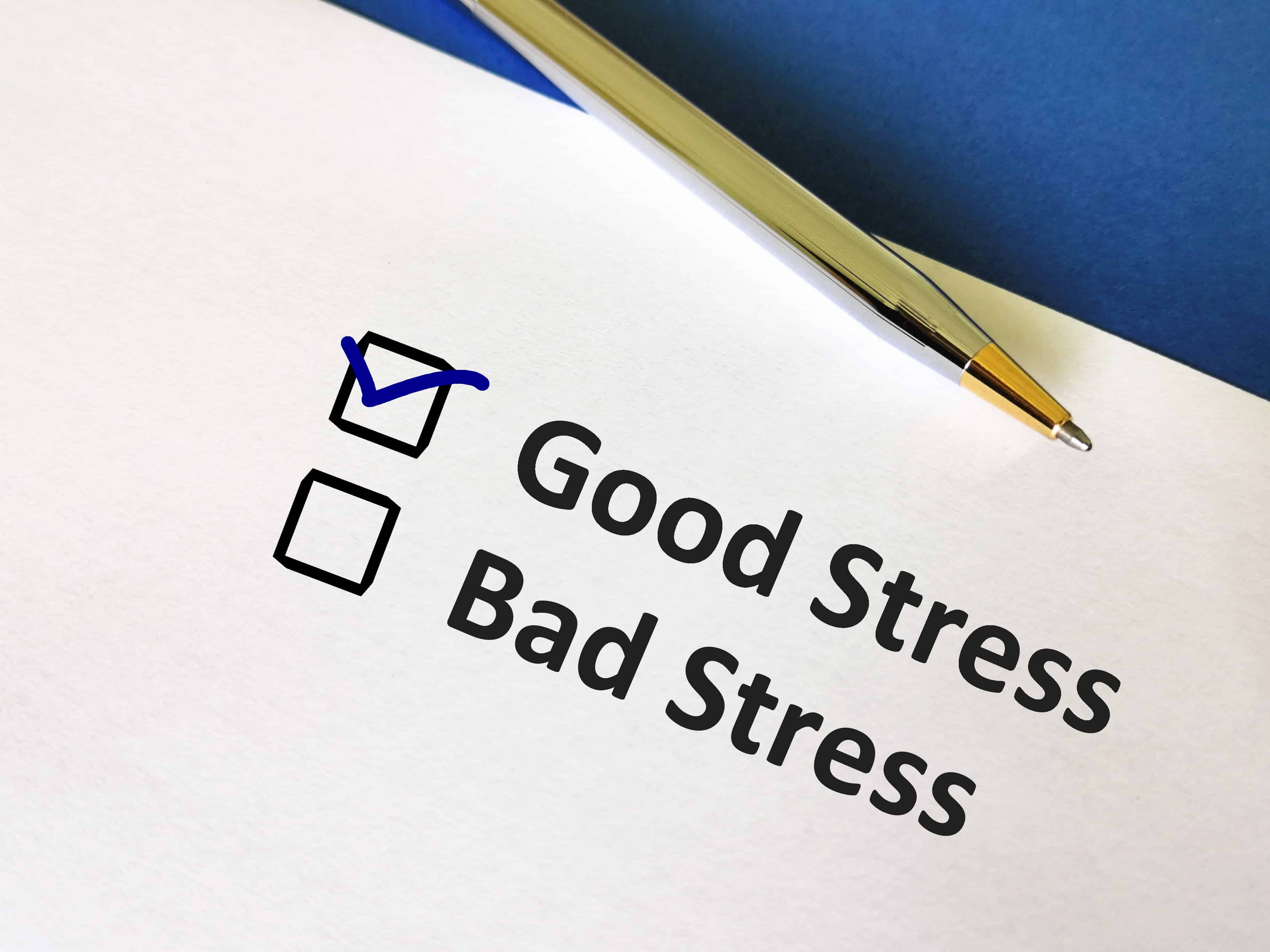
The term “stress hormones” collectively refers to glucocorticoids (e.g., cortisol), glucagon, and catecholamines (specifically dopamine, epinephrine, and norepinephrine). These hormones and neurotransmitters are secreted in response to stress, whether it’s “good” or “bad.” The following subsections provide brief overviews of what they do biologically and how they influence stress.
Cortisol and Stress
Cortisol is the veritable “stress hormone “secreted in response to distressful situations. It belongs to a class of steroid hormones known as glucocorticoids, and like other stress hormones, it is a catabolic impetus. However, cortisol isn’t intrinsically a “bad hormone” like many people believe. It is essential for numerous biological processes and a potent anti-inflammatory steroid.
But as with most things in life, producing too much or not enough cortisol can wreak havoc on the body. The adrenal glands produce significantly more cortisol during panic attacks and circumstances that elevate perceived fear (i.e., anxiety) [3]. When you’re feeling burned out and can barely get out of bed in the morning, your likely not producing enough cortisol. As you can see, there’s a balance to be found.
During extended periods of nutrient deprivation (starvation), the adrenal glands secrete more cortisol to maintain normal blood sugar levels through gluconeogenesis and glycogenolysis. Cortisol also has permissive effects on fat breakdown (lipolysis), which frees up fatty acids for energy.
The catch is that cortisol can also break down lean muscle tissue (muscle protein breakdown). This is why individuals who are constantly in distress often feel weak, lethargic, “on edge,” and generally apathetic/indifferent about life. Chronically elevated cortisol can eventually lead to more serious health problems, such as adrenal fatigue, mood disorders, and metabolic diseases.
What is Glucagon?
Glucagon is a peptide hormone produced in the pancreas that functions opposite to insulin, meaning it stimulates the release of glucose from the liver into the bloodstream when blood sugar drops too low. Note that low blood sugar (hypoglycemia) is a form of stress since it perturbs homeostasis (i.e., normal blood sugar levels).
Like cortisol, glucagon activates gluconeogenesis and glycogenolysis so the body has ample glucose for cells to utilize.
Epinephrine (Adrenaline) and Norepinephrine (Noradrenaline)
The final stress hormones to discuss are epinephrine/adrenaline and norepinephrine/noradrenaline, which are referred to as the “fight-or-flight” hormones. If you’ve ever come face-to-face with a bear in the wilderness, chances are your brain was telling you to run (i.e., “take flight”). Epinephrine and norepinephrine are the hormones responsible for this innate survival mechanism.
These hormones are produced in the central and peripheral nervous systems and act on virtually all tissues in the body by binding to adrenergic receptors. Similar to cortisol, epinephrine and norepinephrine stimulate glycogenolysis and lipolysis in the liver, muscle tissue, and adipose tissue to liberate glucose and fatty acids for cellular energy demands [4].
Indeed you might be thinking, “That’s good for weight loss, right?” Well, not necessarily. While cortisol and epinephrine/norepinephrine are permissive fat-burning hormones, they are also catabolic towards muscle tissue [5].
Hence, excess adrenal output — a ramification of chronic distress — will make it tough to recover and build lean muscle. Epinephrine and norepinephrine also increase heart rate and blood pressure, which makes it harder to relax.
Try These 3 Supplements for Stress Relief
As you can see, a shared characteristic of these stress hormones is that they all act to break down tissues and substrates in the body (i.e., they’re highly catabolic). But that’s not to say they are always “bad hormones” since they each play a role in proper health, function, and survival. However, keeping stress hormones in check is crucial for protecting against tissue atrophy, impaired cognitive function, suppressed immune function, reduced metabolic rate, mood disorders, and more.
Intuitively, stress management is imperative to our well-being and productivity in life. Whether you’re in the workforce or academia, the responsibilities can feel overwhelming, so measures need to be taken to mitigate any excessive tension that may arise.
Thankfully, there are a handful of clinically studied supplements for stress relief. Here’s how they work and where to find them:
Ashwagandha
Ashwagandha (Withania somnifera) is arguably the most versatile adaptogenic herb known to man. It works through multiple physiological pathways to help restore and maintain homeostasis, notably by controlling cortisol levels [6].
In turn, ashwagandha can provide numerous benefits, including:
- Reducing stress and fighting anxiety
- Easing inflammation and oxidative stress
- Enhancing mood and mental performance
- Promoting healthy metabolic and immune function
Several clinical trials have shown that ashwagandha can help treat symptoms of anxiety and depression [7]. Researchers surmise this is a result of withanolides in ashwagandha abating the cortisol response to stress.
Naturally, many “biohackers” and health enthusiasts alike are keen to add an ashwagandha supplement to their stress-relief regimen, but they want to know what’s the best ashwagandha to buy?
As is the case with most herbal extracts, supplement companies will claim that their product has the best ashwagandha powder on the market. In reality, they use an inferior form with a low amount of bioactive compounds (i.e., withanolides).
Whether you’re using ashwagandha for anxiety or enhancing mood, the quality of plant extract will make or break your results.
We’ve done extensive research and testing on all the different ashwagandha extracts on the market to help you pick the best supplement for stress relief: Jacked Factory KSM-66®.
At just $14.99 per bottle, you get a clinical dose (600 mg) of KSM-66® organic ashwagandha in every capsule. And with 60 capsules per bottle, this will last you quite some time. We recommend taking 600-1,200 mg of KSM-66® ashwagandha per day for stress and anxiety relief.
Magnesium Chelate
A chelated magnesium supplement is becoming increasingly important given the scarcity of this mineral in the typical Western diet. Be aware that many magnesium supplements use an inferior inorganic form of magnesium — magnesium oxide — which is poorly absorbed by the body [8]. It’s imperative that you take chelated magnesium to ensure your body can properly absorb and utilize the magnesium.
Clinical research suggests the benefits of magnesium supplements may include [9]:
- Reducing anxiety and supporting proper stress management
- Improving mood
- Promoting healthy bowel function
- Boosting the immune system
- Maintaining hydration and avoiding muscle cramps
The mechanisms behind how magnesium reduces anxiety remain unclear, but preliminary evidence suggests it has ties to the hypothalamic-pituitary-adrenal (HPA) axis — a key regulator of stress hormone production [10]. Curiously, studies have found that magnesium deficiency (hypomagnesemia) negatively influences well-being and anxiety symptoms [11].
All in all, chelated magnesium is among the best supplements for stress relief. Note that large doses of magnesium, especially magnesium citrate, may have a laxative effect. Thankfully, magnesium glycinate is gentle on the stomach and won’t make you sprint for the bathroom.
Better yet, you don’t need to spend a ton of money to get a quality magnesium supplement. Transparent Labs Magnesium Bisglycinate is one of the best overall values we could find at just $17 for 30 300-mg servings. One serving per day will get the job done. (If you buy multiple bottles at once, you’ll save even more.)
Inositol
Inositol is a term that collectively refers to a group of nine structurally similar molecules (isomers) that are cyclic polyols — a type of sugar alcohol. It was formerly referred to as vitamin B8 but is no longer considered a compound in the B vitamin family.
Humans consume minute amounts of inositol through diet, but not nearly enough to have nootropic effects. As such, an inositol supplement is necessary to get the stress-fighting benefits of this promising sugar alcohol.
The most researched form of supplemental inositol is myo-inositol, which is typically sold as a fine powder with roughly 50% of the sweetness of table sugar (sucrose). Myo-inositol has considerable evidence supporting its efficacy as a natural stress reliever [12].
Myo-inositol acts as a secondary cellular messenger, much like cyclic adenosine monophosphate (cAMP). Secondary messengers differ from first messengers (e.g., hormones and neurotransmitters), which don’t typically diffuse across the outer (plasma) membrane of cells and therefore must activate secondary messengers inside cells to relay their signals. Numerous phosphorylated inositol compounds, namely phosphoinositides and inositol phosphates, are responsible for transducing signals from several neurotransmitters, such as epinephrine (adrenaline), acetylcholine, and serotonin.
Moreover, research suggests that supplementing with myo-inositol can resensitize receptors serotonin receptors that have become unresponsive to drugs such as selective serotonin reuptake inhibitors (SSRIs) [13]. Several studies have found significant improvements in anxiety and depression outcomes with inositol treatment, even when compared to SSRIs [14].
Considering all of the above, inositol is another one of the best supplements for stress relief. You can buy it in bulk powder form, or for the ladies out there, Cira Nutrition offers a supplement called Symmetry that combines inositol with other hormone-balancing and mood-enhancing ingredients. It’s a fantastic option for women that could use some extra stress and anxiety support.
Proven Strategies to Reduce Stress and Relieve Anxiety Naturally
Let’s be real: Even the best supplements for stress relief won’t wash all your worries away if you don’t take care of your mind and body. In many cases, anxiety and stress can be controlled through simple adjustments to your lifestyle. Here are some practical tips
to try:
Food for Thought (Pun Intended)
Many of us overlook the importance of proper diet for managing stress, yet food is Mother Nature’s primary form of medicine. Starving yourself is the last thing you want to do when you’re stressed or anxious. All this does is deprive your body (and brain) of the vital nutrients it needs to function; hence, cortisol levels increase to provide energy for tissues in the body.
Try and eat several balanced meals throughout the day, each containing quality protein, complex carbohydrates, and healthy fats. If you’re short on time to eat a wholesome meal, try an easy on-the-go snack, such as almonds and a protein shake to keep your body fueled and your stress to a minimum.
Exercise Your Worries Away
While going to the gym and maintaining an exercise regimen are great ways to reduce stress, light physical activity, such as going for a walk outside or doing yoga in your living room, is a fantastic alternative for alleviating tension.
If you’re not very active now, start small by doing something simple — a 30-minute walk after work (or on your lunch break) will get the ball rolling.
From there, gradually increase the duration and intensity of the exercise you do. Keeping physically fit is one of the best ways to manage stress hormone production. Don’t forget to take care of your body!
Practice Meditation and Deep Breathing
Most people assume meditating means you have to sit cross-legged on the floor with your eyes closed and attempt to conjure up some majestic spirit. In reality, many successful people, including Jerry Seinfeld, confess that meditating is integral to their daily routine.
The beauty of meditation is that you can do it just about anywhere once you tune into the state of mindfulness. Meditating is a time for clarity; the goal is to empty your mind and focus on your breathing.
And the stress-relieving benefits of meditation are not based on pseudoscience or mere anecdotes from celebrities. Several clinical trials have shown that deep breathing exercises (like meditation) significantly reduce anxiety symptoms [15, 16].
Deep-belly breathing, rather than the “mouth-breathing” we often resort to when anxious, increases blood oxygen levels and pH; in turn, this calms the adrenal glands and alleviates stress.
Use Time Blocks to Avoid Work/School Burn Out
One of the best ways to avoid burnout from being an issue is to set a schedule with study hours and rest hours, and then stick to it! Many people feel perpetually exhausted because their schedule is overly sporadic and spontaneous; while that may be okay for leisure activities and hobbies, it’s not ideal keeping up with work/school/life responsibilities. The key is to make sure that when you’re supposed to be productive, you’re doing just that. An easy way to go about this is to set aside specific hours of the day for productivity and specific hours for leisure/fun.
Set reasonable goals to accomplish during your “productive time blocks” and make sure you get through everything. If you find that you fall slightly short and your productive time block is over, feel free to take an extra couple of minutes to finish everything.
The main thing is to listen to your body and mind; if you’re really starting to drag towards the end of a productive time block, it’s time to take a break and go do something less mentally demanding for a while. You can always do more studying/working during the next productive time block.
Don’t Neglect Rest
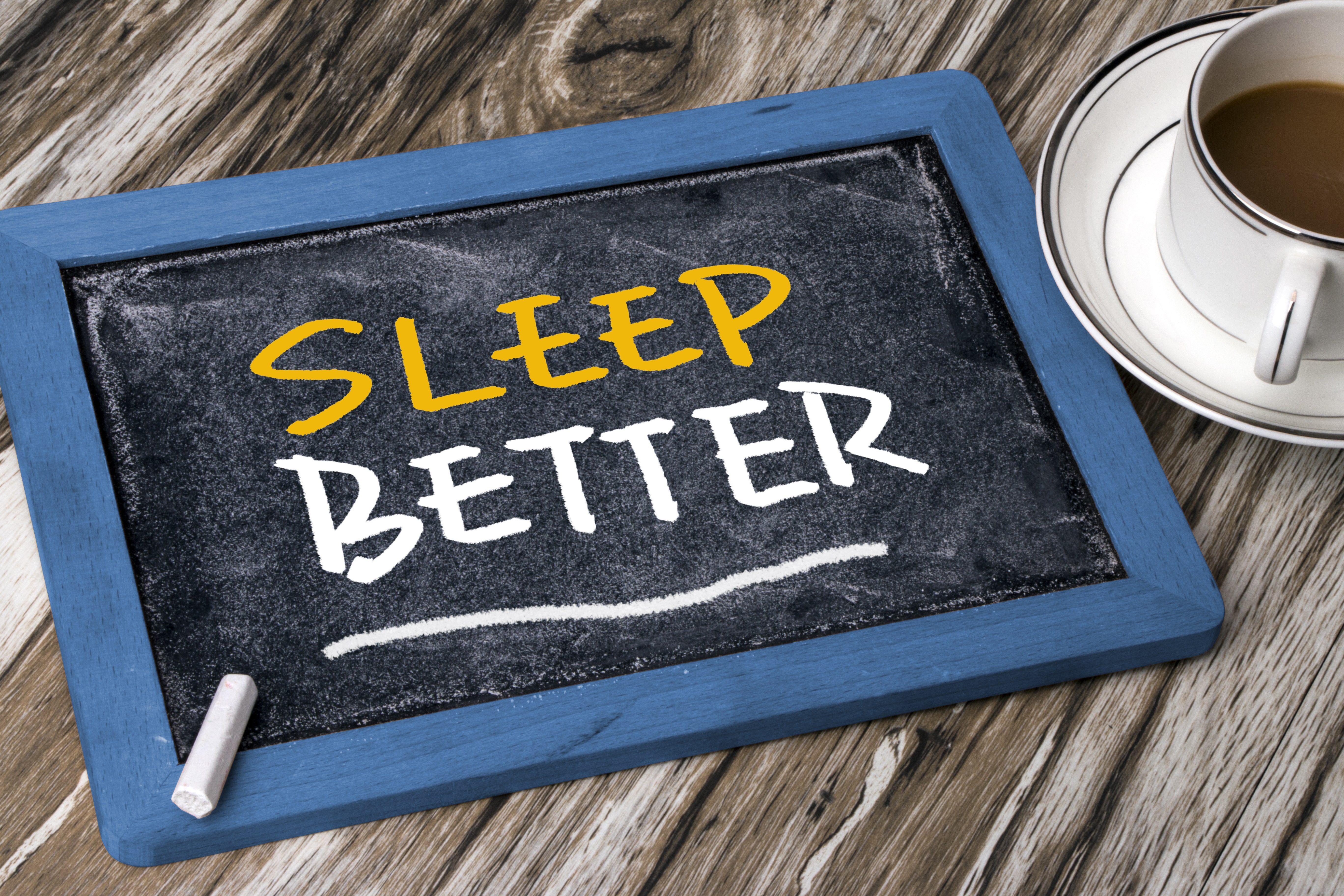
Sleep deprivation is a surefire way to wake up in a grumpy mood and put a damper on your motivation to accomplish the day’s tasks. To make matters worse, poor sleep habits can throw natural circadian cortisol rhythms out of whack; normally, levels peak in the morning and decline throughout the day (aside from intermittent cortisol “spikes” that may arise from stress).
When your cortisol rhythms aren’t in line with your body’s internal clock, you’ll be tired when you should feel energetic and vice versa. The remedy is pretty straightforward: Aim for at least 7-8 quality hours of rest every night and keep a regular sleep-wake schedule to minimize stress.
Monitor Your Caffeine (Stimulant) Intake
Coffee is the first thing many Americans put in their body after they get out of bed. It’s also the go-to beverage of choice when the dreaded “mid-afternoon slump” hits at the office. While coffee/caffeine in moderation is certainly beneficial for mood and motivation, it can create some issues when overused.
One reason caffeine makes us feel alert, if not anxious, is because it increases cortisol and adrenaline production; this is also why caffeine ramps up heart rate and constricts blood vessels/elevates blood pressure [17]. In addition, consuming excessive amounts of caffeine and/or other stimulants is well-known to intensify feelings of apprehension and worsen the symptoms of anxiety [18].
Most people, especially those under a lot of stress, should try and limit their caffeine intake to <200 mg per day. It’s also prudent to avoid caffeine later in the day so you can relax and unwind before bedtime.
For reference, one cup (8 fl. oz) of plain black coffee contains roughly 100 mg of caffeine. The same amount of green tea has just 30 mg of caffeine. Green tea is also a great source of antioxidant polyphenols, specifically catechins that are potent mind and body protectors.
Some energy drinks and pre-workout supplements pack a whopping 350+ mg of caffeine in just one serving! Naturally, if you’re the type that needs to slam 2-3 cans of Red Bull just to make it through the day, your adrenal glands are working overtime, and it’s time to consider cutting back.
Do This When You’re Feeling Burnt Out
Many people push themselves too hard, too often, and don’t take the time for recovery. Consequently, they burn out, mentally and physically. It’s great to be highly motivated, but that doesn’t mean you should “always be doing something productive.”
Why?
Because no matter how exhausted you are, life keeps going. School, work, parenthood, whatever your responsibilities, we are constantly trying to “keep up” with everything.
Being burnt out can quickly lead to apprehensions of falling behind, which creates more stress, anxiety, and panic attacks; in other words, burnout creates a domino effect of distressful thoughts that negatively impact our well-being. It’s an uphill battle that you can’t “win.”
The wise choice is to give yourself the rest you deserve from time to time and recharge your mind. Maybe this means taking an occasional “mental health day” or “spa day.”
Life is too short to feel like you always have responsibilities that need immediate attention. Let it all go for a moment. Embrace how far you’ve come and how much further you will go after you’ve taken the time to unwind.
Not only will that reduce your stress, but also reinvigorate your passions in life. It’s time: Get back to chasing your dreams with a full head of steam.
